1. Hike around Saxon Switzerland (Sächsische Schweiz)
Germany is a land of outdoor sports enthusiasts and there is no shortage of places to put your hiking boots to the test.
But Saxon Switzerland, south-east of Dresden, is possibly the most stunning of all of the country’s hiking destinations.
Various hiking trails lead through the stunning rock formations of the Elbe Sandstone Mountains and offer endless magnificent views.
2. See the original Disney castle
Perched on a cliffside in the Bavarian Alps is the magical Neuschwanstein castle – a must-see German tourist attraction.
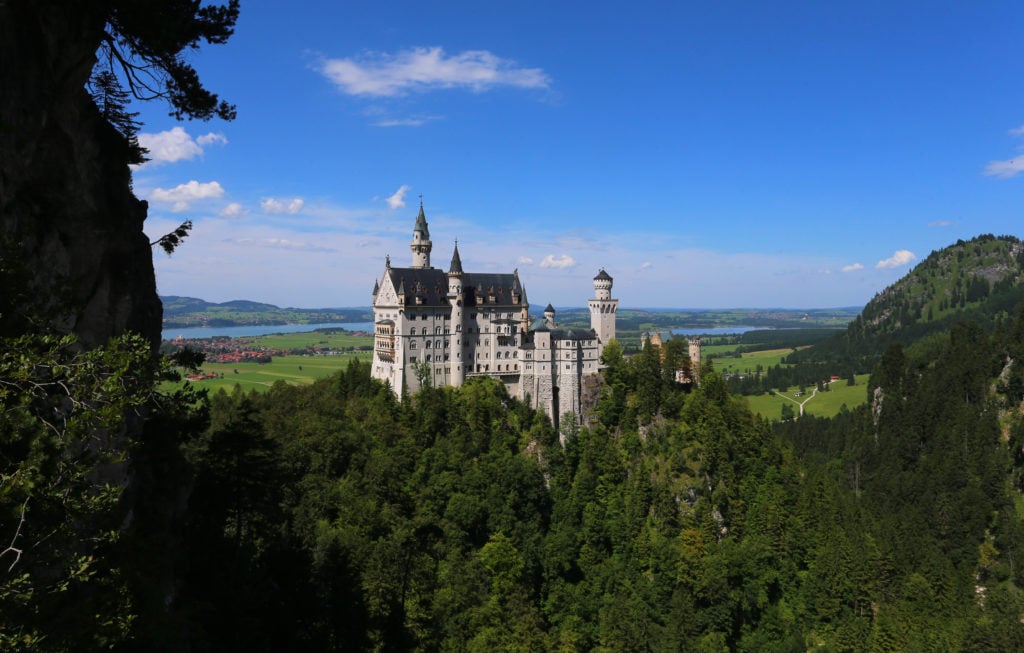
Commissioned in the 19th century by the eccentric King Ludwig II, the castle became world famous when Walt Disney used it as the inspiration for the Sleeping Beauty castle, which eventually became part of the iconic Disney logo.
For a particularly spectacular view, walk across the nearby Marienbrücke (Queen Mary Bridge), suspended 114 metres above Pollät Gorge.
3. Sip an Apfelwein in Frankfurt
For over 250 years, apple wine has been Frankfurt’s signature drink.
The area around Frankfurt is one of the richest fruit-producing regions in Germany so it’s no surprise that some of that precious produce has found its way into an alcoholic concoction.
Called Ebbelwoi by some locals, ordered as a Schobbe by others, Apfelwein usually has an alcohol content of between 4.8 and 7 percent and is traditionally served in a geripptes glass or a stoneware mug known as a Bembel.
READ ALSO: ‘A megacity on a smaller scale’: The inside guide to Frankfurt
4. Strip off on an FKK beach
Though Germany’s Frei Körper Kultur (free body culture), which celebrates the beauty of the naked body, may be a little disconcerting at first for non-Germans, getting naked on a German beach is something you have to try at least once.
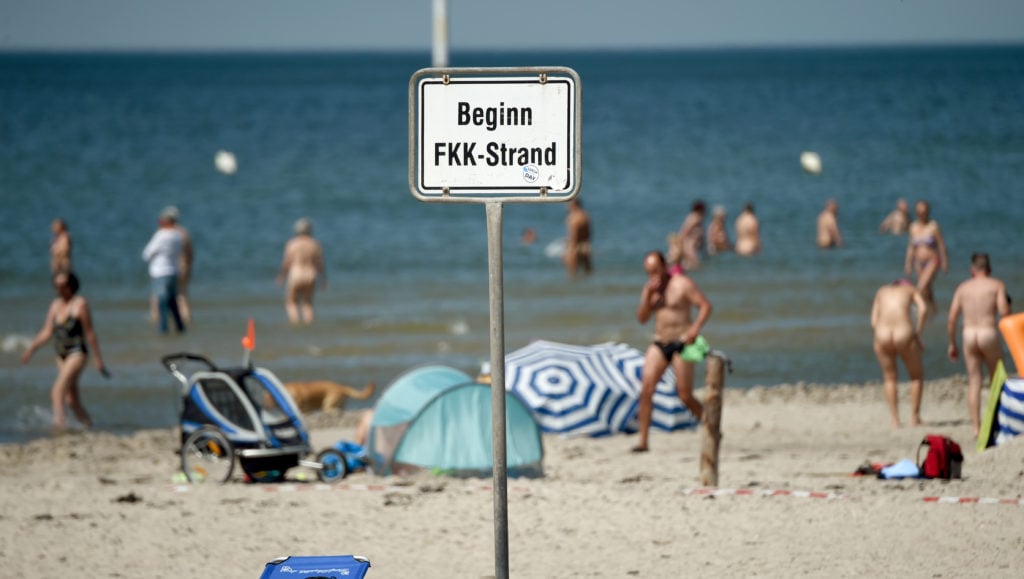
And who knows, once you’ve done it once, you may find yourself never wearing a bathing suit again.
5. Watch a football match at the Olympiastadion
Berlin’s Olympiastadion, which was built in 1936 and hosted the infamous summer Olympics of the same year, is worth a visit for its historical and architectural significance of the place itself.
But it’s even better to grab a seat at the 74,000 capacity stadium to watch home team Hertha BSC play a match against another Bundesliga team.
The Hertha supporters are well known for their raucous and entertaining support, and always put on a good show from their spot in the stadium’s Ostkurve (east curve).
Since Germany goes wild for football, we’d also recommend visiting other stadiums or even checking out a local team!
6. Try to get into Berghain
Germany’s world-famous techno nightclub – Berghain – is one of the most difficult clubs to get into in the world.
Based in Berlin, the club is open from Friday to Monday and operates an exclusive door policy which often sees would-be clubbers turned away for reasons that are often hard to decipher.
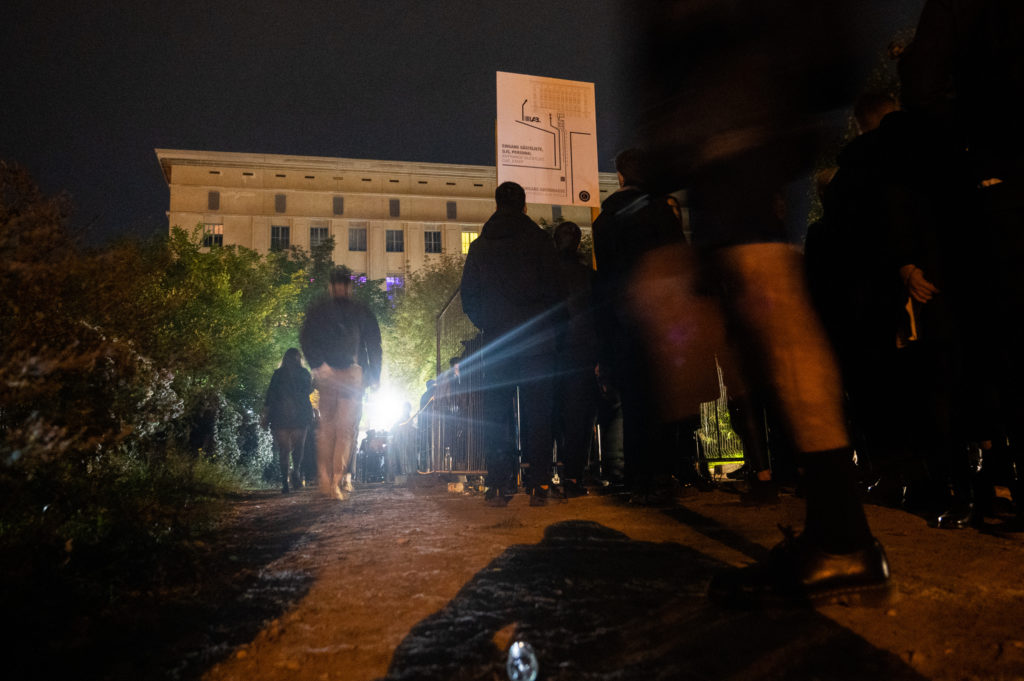
However, it’s something you’ve got to try at least once – because even if you don’t get in, queuing with the hardcore techno fans on a Sunday morning is an experience in itself.
If you don’t make it past the door, try one of the many other clubs in Berlin and laugh about it with friends.
7. Drink a beer at Oktoberfest
Downing a gigantic pitcher of frothy golden beer in a tent in Munich during Oktoberfest is an experience that should be on everyone’s bucket list.
Oktoberfest is the world’s biggest public festival and takes place every year in late September. It sees thousands of Germans and international tourists donning the traditional dress of Lederhosen and Dirndls to celebrate and relax.
If you haven’t been there yet, it returns this year.
READ ALSO: Germany’s Oktoberfest to return in 2022 after pandemic pause
8. Take a thermal bath in Baden-Baden
Thanks to its mild climate and hot springs, the town of Baden-Baden has been (literally) a hotspot for spa lovers since Roman times.
The thermal water in the Black Forest region bubbles out of 18 different springs and there are plenty of spas you can visit for a soothing dip.
9. Behold the home of Bauhaus
Bauhaus is an iconic art school that started in Weimar just after the first world war. Characterised by simple geometric shapes like rectangles and spheres and without elaborate decorations, the Bauhaus style flourished throughout the 1920s.
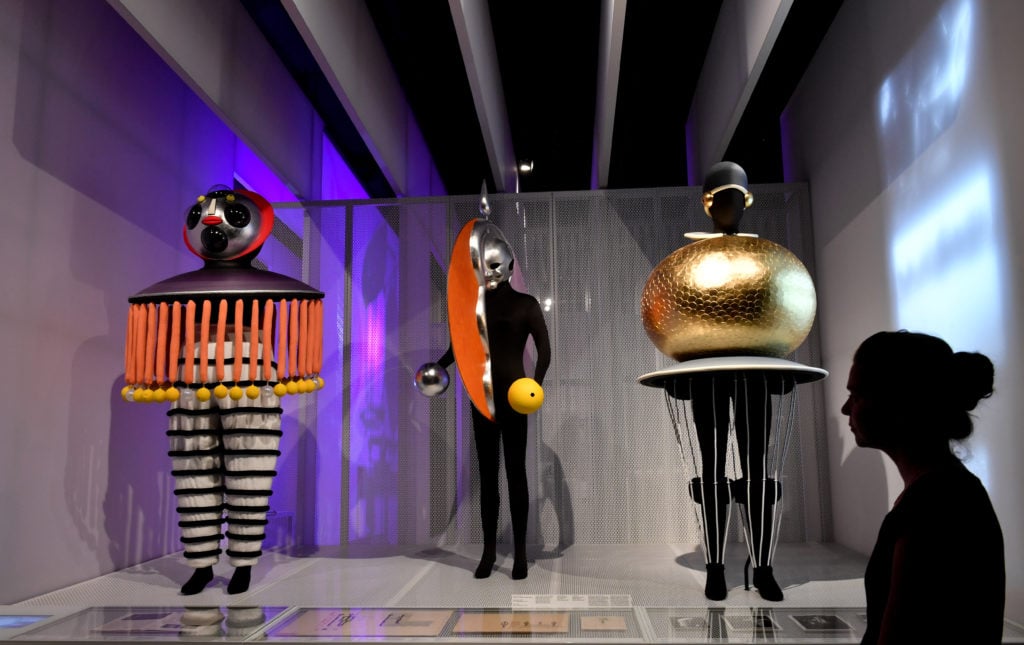
When political pressure led to the centre of Bauhaus art leaving Weimar, a new building designed by Walter Gropius, the institution’s founder, was built in Dessau to be the movement’s new home.
Nowadays, the Bauhaus Building in Dessau remains the spiritual home of the movement and is home to a museum that shows off some the era’s most stunning creations.
10. Dress up at Karneval
If you want to see what millions of Germans are like when they let their hair down – then go to the carnival in Cologne (or one of the other places it is celebrated).
Every year in February, millions of revellers take to the streets dressed in wacky attire to celebrate the ancient springtime festival.
READ ALSO: What you need to know about celebrating carnival in Germany
Cologne has the biggest carnival celebration in Germany, followed by Dusseldorf and Mainz. The celebrations in these big cities and all over the Rheinland are full of colourful costumes, a lot of alcohol, joyful songs, and crazy parties.
11. Have a Glühwein at a Christmas market
Germany’s Christmas markets are known all over the world for their magical festive atmosphere and charming stalls selling handicrafts and tasty treats.
One of the best of those treats is Glühwein, hot wine cooked with oranges, cinnamon, cloves and usually served in a decorative mug.
12. Order Königsberger Klopse
Forget Currywurst, Käsespätzle and Bretzels – Königsberge Klopse is the ultimate German dish that you have to eat at least once.
The more than 200-year-old recipe comes from Königsberg – the former capital of Prussia and today’s Kaliningrad – and consists of minced meat meatballs, bread, egg, mustard and anchovies (yes – that’s right). Then you let them steep in a meat broth with onions, allspice, bay leaf and pepper. You’ll find it in many traditional German restaurants – and there are even vegan versions.
READ ALSO: The 10 heartiest German dishes to get you through winter
What else do you recommend trying in Germany? Let us know by emailing [email protected]

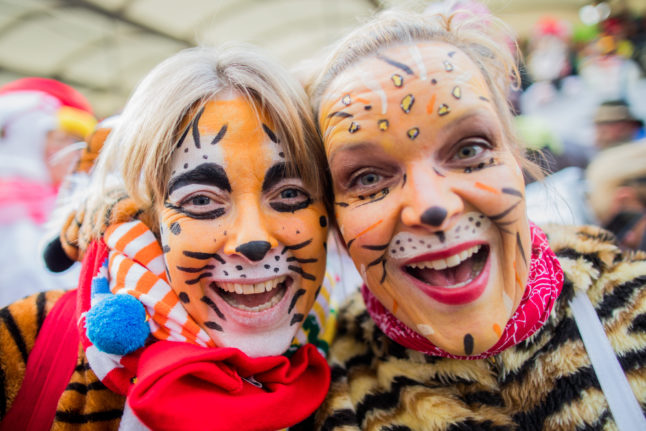
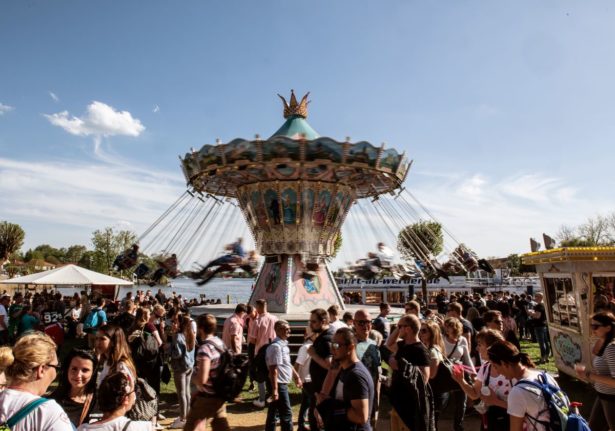
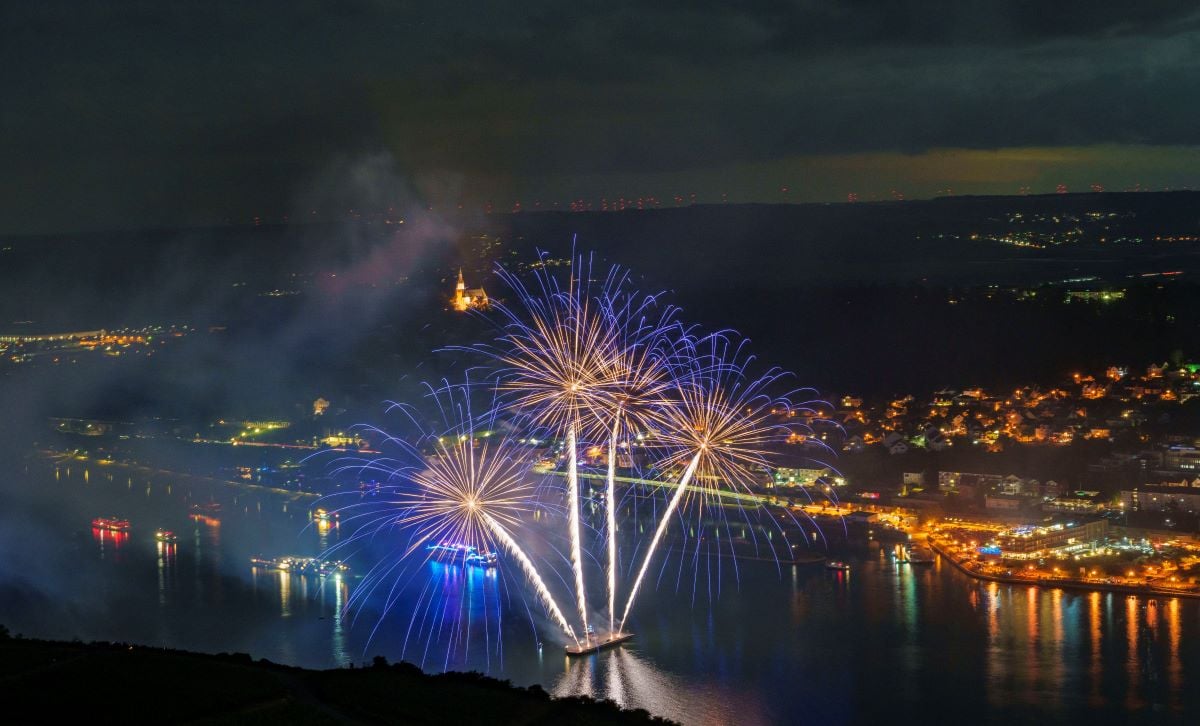
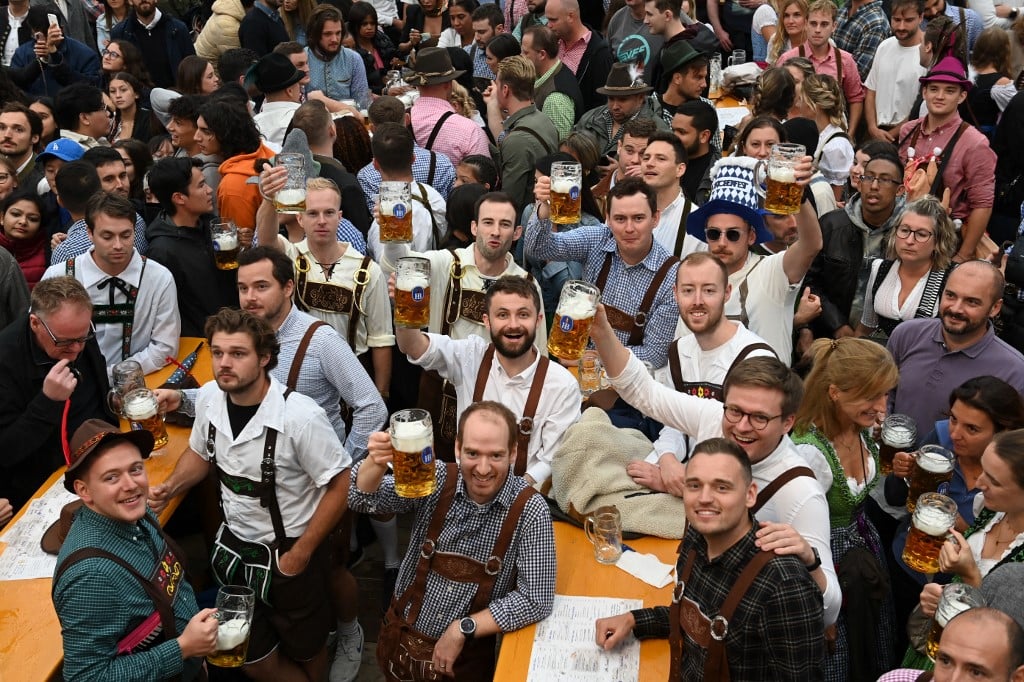
 Please whitelist us to continue reading.
Please whitelist us to continue reading.
Member comments